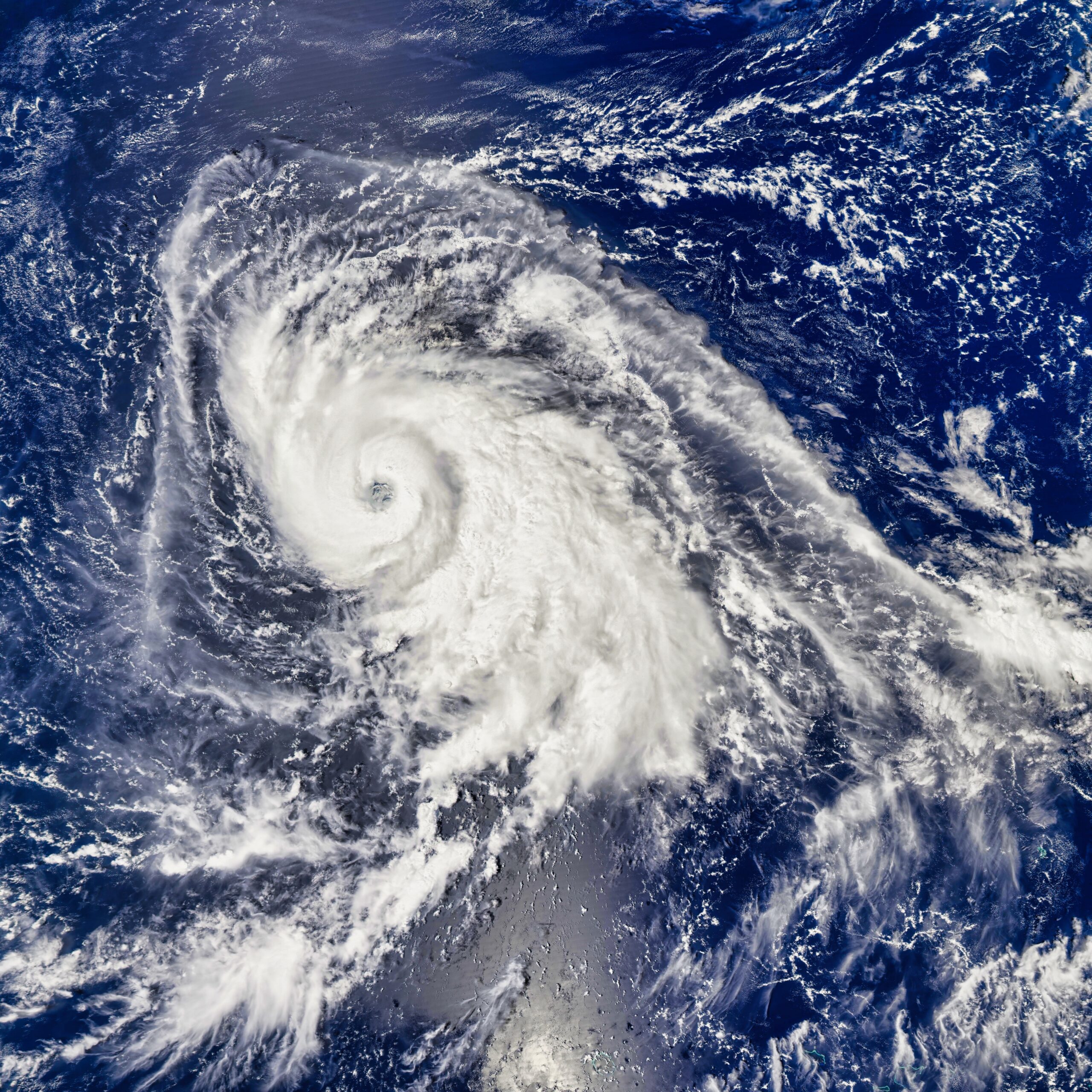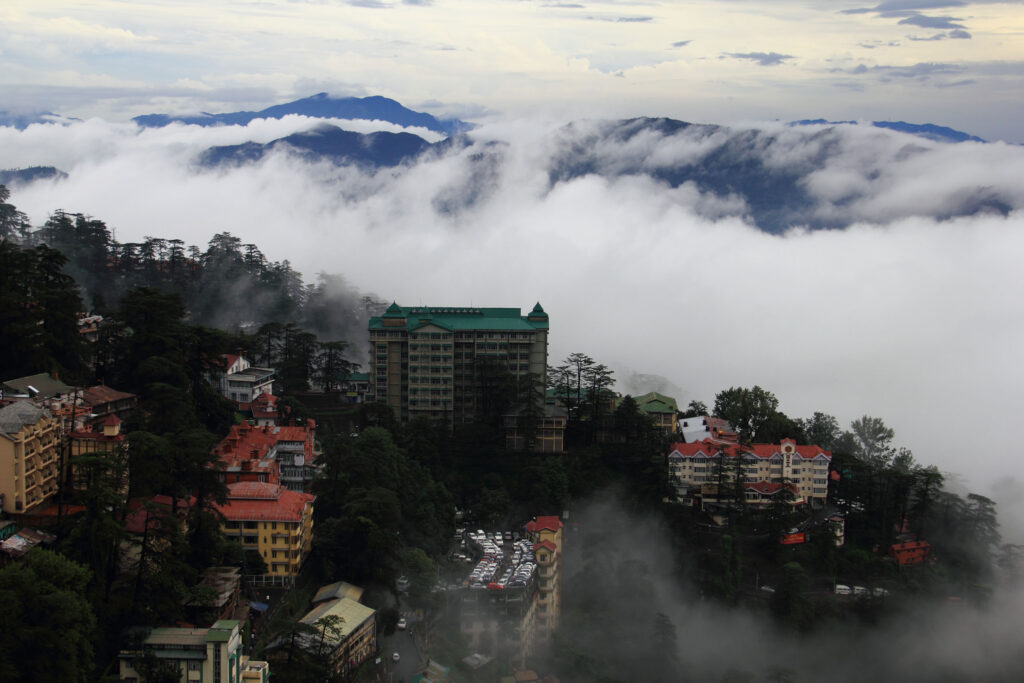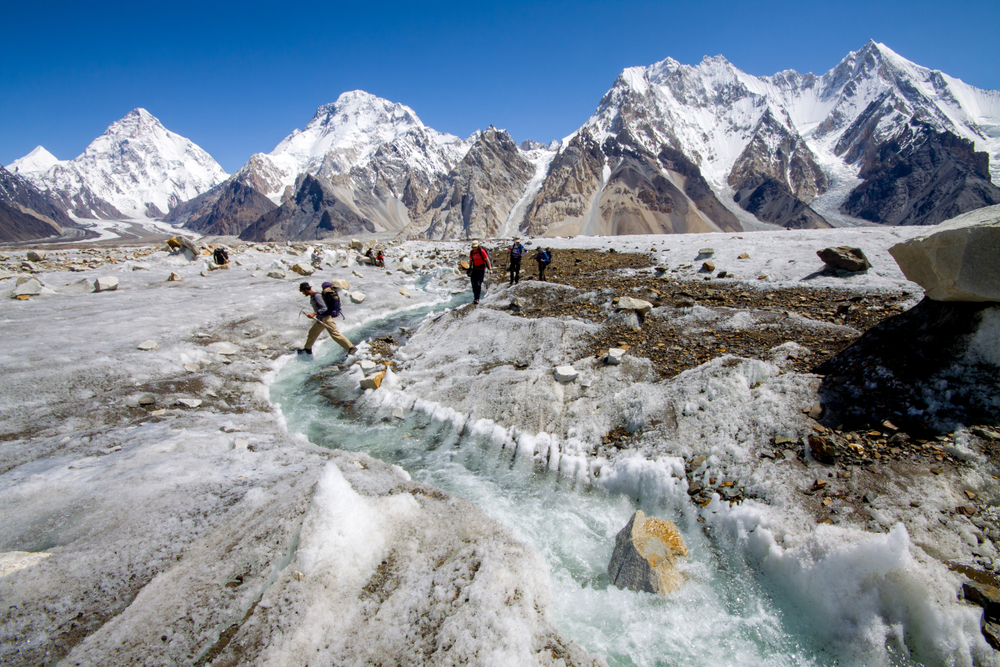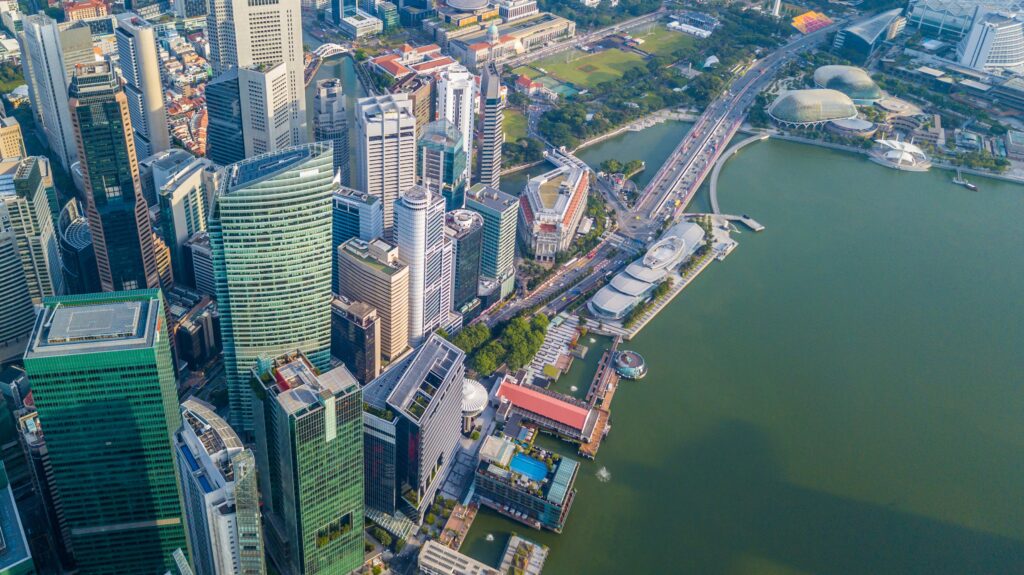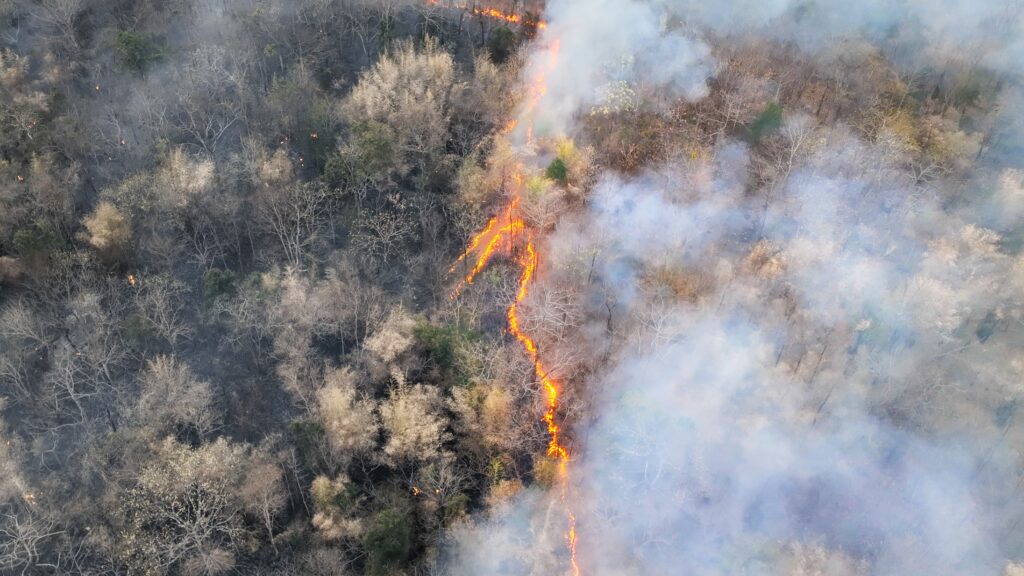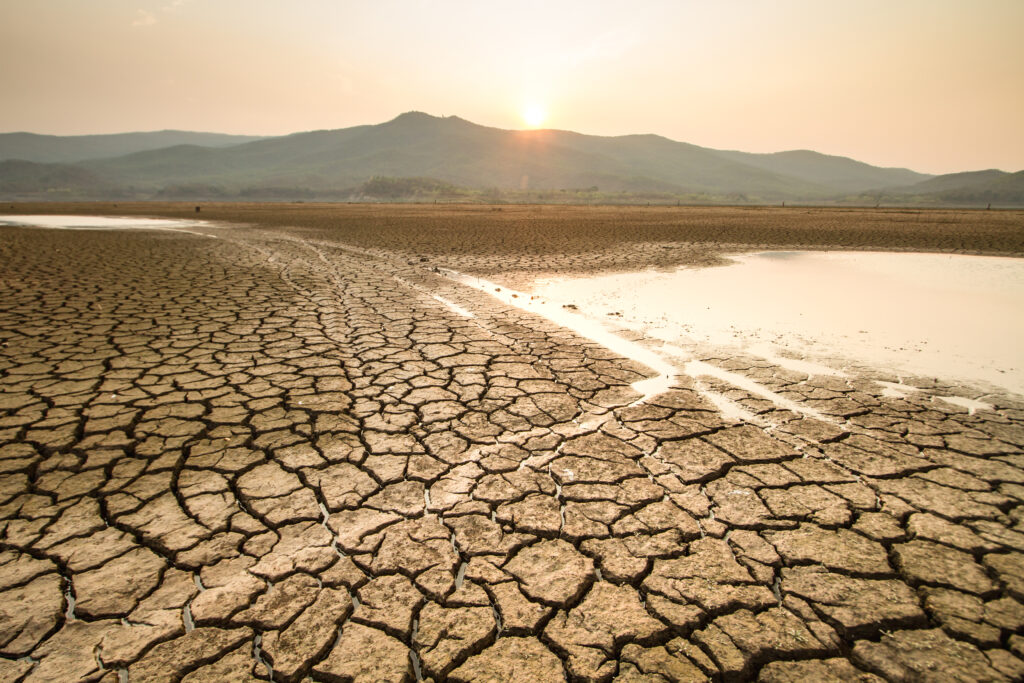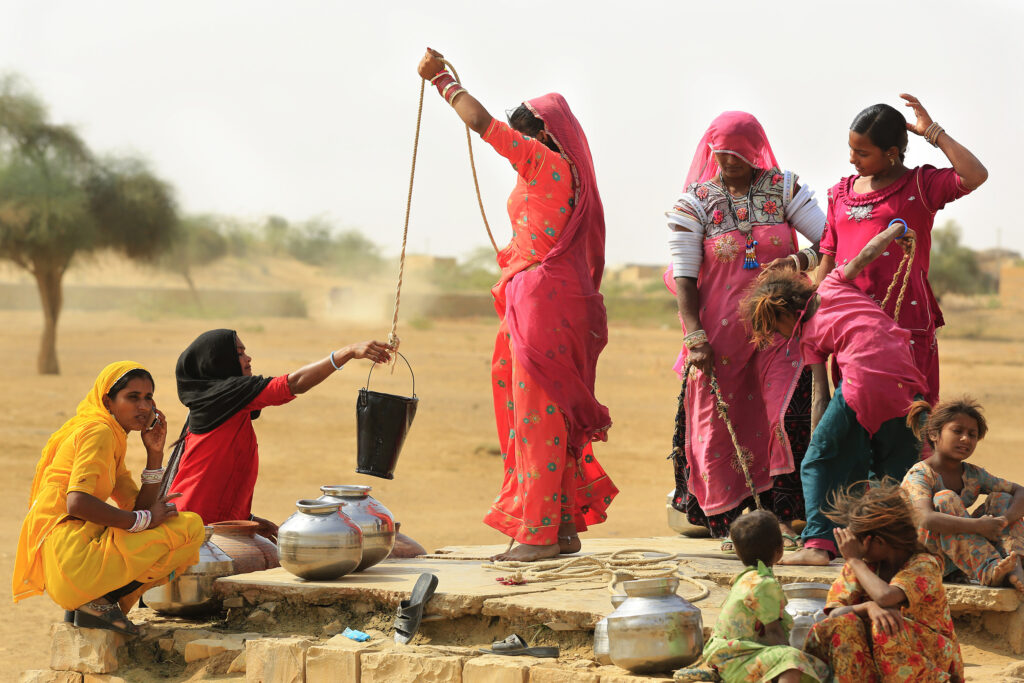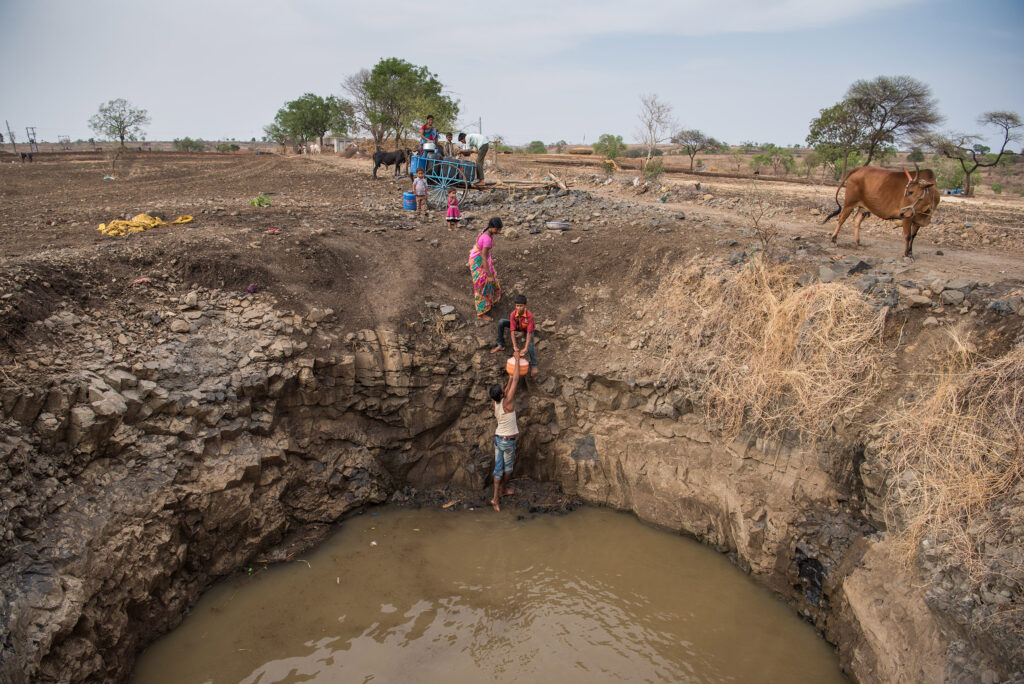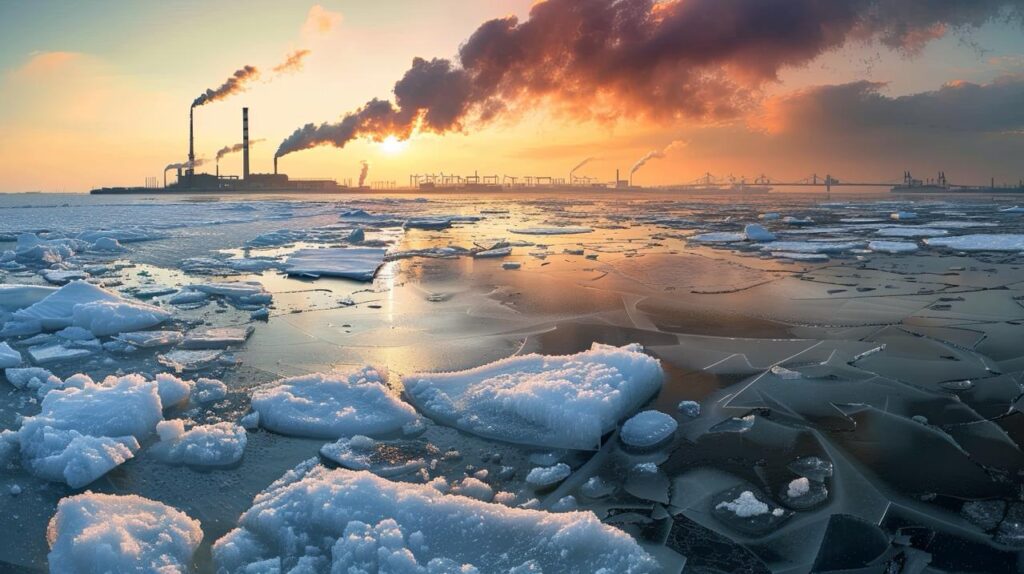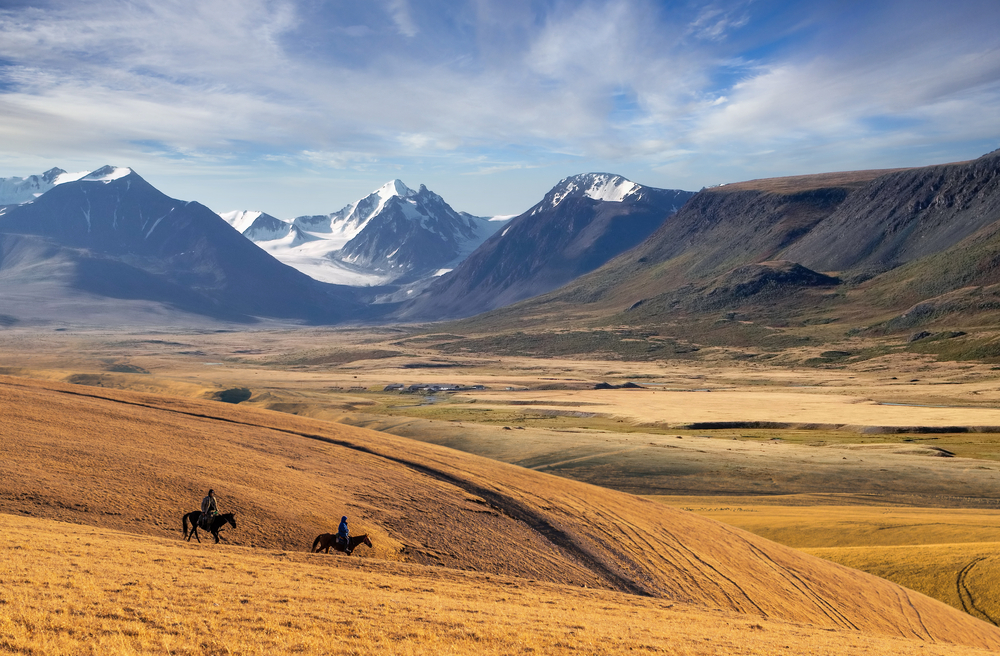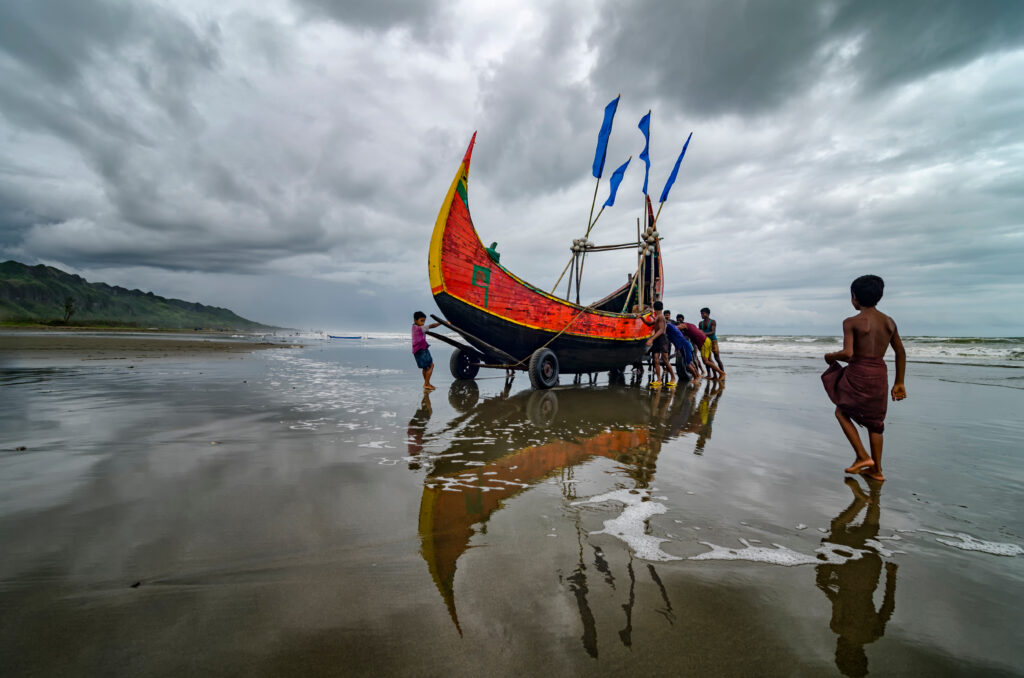Typhoon Yagi, Asia’s most severe storm so far this year, made landfall in northern Vietnam on Sept. 7. The typhoon and the subsequent destruction devastated the region, leaving 250 dead, hundreds more injured and dozens still missing.
Path of the Super Typhoon Yagi 2024
Typhoon Yagi has been one of the most powerful typhoons in the region over the past decade, with wind gusts exceeding 150 km/h in Hanoi, Vietnam, and 227 km/h in Hainan, China. The severity of Typhoon Yagi in Vietnam alone left millions without electricity, caused significant agricultural damage and triggered deadly landslides in Vietnam alone. Nguyen Hai Anh, vice president and secretary general of the Vietnam Red Cross Society, said, “Nearly 19 million people are living in the affected provinces. We are deeply concerned about their health, well-being and ability to cope with the impact and consequences of Super Typhoon Yagi, especially those in vulnerable conditions, such as the elderly and children.”
What Are Typhoons?
Typhoons are tropical cyclones that form in the northwest Pacific Ocean. All tropical cyclones, including typhoons, are characterised by a rotating, low-pressure system with strong winds, heavy rain and thunderstorms. Typhoon Yagi is a stark reminder of the escalating dangers of such storms in a warming and more dangerous world.
The Role of Climate Change in Typhoon Yagi
Research shows that storms like Typhoon Yagi are becoming more intense due to human-driven climate change, primarily driven by the burning of coal, oil and gas for energy. Analysis by scientists at ClimaMeter found that tropical depressions near Vietnam are now up to 20% wetter and 5% windier than in previous decades due to climatic changes. The analysis of the storm focused on the events of Sept. 7 and 8, with researchers concluding, “We mostly ascribe the high precipitation and strong winds of Typhoon Yagi to human-driven climate change.” In the case of Typhoon Yagi, natural climate variability played only a minor role.
This finding aligns with the overarching scientific consensus that the heavy rainfall associated with tropical typhoons has increased over the past 40 years due to global warming. The Intergovernmental Panel on Climate Change (IPCC) also predicts that without action to mitigate rising global temperatures, tropical cyclones will become more severe in the future. A global rise of 2°C would increase the average intensity of tropical cyclones, particularly Category 4 and 5 storms, along with higher precipitation rates and more severe storm surges due to rising sea levels.
Typhoon Yagi Triggers Severe Floods, Widespread Power Outages and Landslides Across Northern Vietnam
The impact of Typhoon Yagi in Vietnam is severe, with both immediate devastation and long-term consequences. Floodwaters have caused power outages and extensive destruction in cities, while widespread landslides have left communities grappling with catastrophic damage.
In Phu Tho province, floodwaters swept away part of the Phong Chau Bridge, causing at least 13 people to fall into the Hong River. Severe flooding in Thai Nguyen, Ha Giang and the capital, Hanoi, submerged homes, made roads unusable and forced residents to seek assistance as rising waters reached rooftops. Massive number of people are evacuated from coastal towns. “This is the worst flood I have seen,” Hanoi resident Tran Le Quyen told the Reuters news agency. “It was dry yesterday morning. Now the entire street is flooded. We couldn’t sleep last night.”
In Cao Bang, a landslide struck a passenger bus and a car, leaving 20 people missing as floodwaters swept away vehicles, while in Yen Bai, one of the hardest hit regions, a landslide buried five houses, causing many fatalities and injuries.
The extensive floods and landslides across Vietnam have displaced entire communities, destroyed infrastructure, uprooted trees and left many areas in urgent need of relief. “This extreme and prolonged weather event is continuing to have a widespread impact on many local communities, including in areas where we have rarely seen this kind of disaster occur previously,” said Kathryn Clarkson from the International Federation of Red Cross and Red Crescent Societies (IFRC). “People’s resilience is being stretched, and there is an urgent need to provide both immediate relief and recovery support to the affected populations.”
Fossil Fuels Are Fuelling Destructive Typhoons
The destructive power of the strongest Typhoon Yagi is a clear warning of the direct human harm caused by the burning of fossil fuels. As the planet heats, storms like Yagi will only grow more intense and destructive — with the most vulnerable populations suffering the most.
The world no longer needs to rely on fossil fuels for energy. We have the technologies to harness renewable energy directly from the sun, wind and water. These clean energy alternatives are not only more efficient and affordable, but they also reduce air pollution, protect public health and mitigate the devastating impacts of intense typhoons like Yagi. The longer we delay, the more danger we all face in the future. The solution is clear: a rapid and just transition to renewable energy now to protect our planet and its people from more avoidable harm.
Evelyn Smail
Writer, United Kingdom
Evelyn is a freelance writer and journalist specialising in climate science and policy, the just energy transition and the human impacts of climate change. She writes for independent publications, NGOs and environmental organisations. Evelyn has a background in sustainable development, climate justice and human rights.
Evelyn is a freelance writer and journalist specialising in climate science and policy, the just energy transition and the human impacts of climate change. She writes for independent publications, NGOs and environmental organisations. Evelyn has a background in sustainable development, climate justice and human rights.

